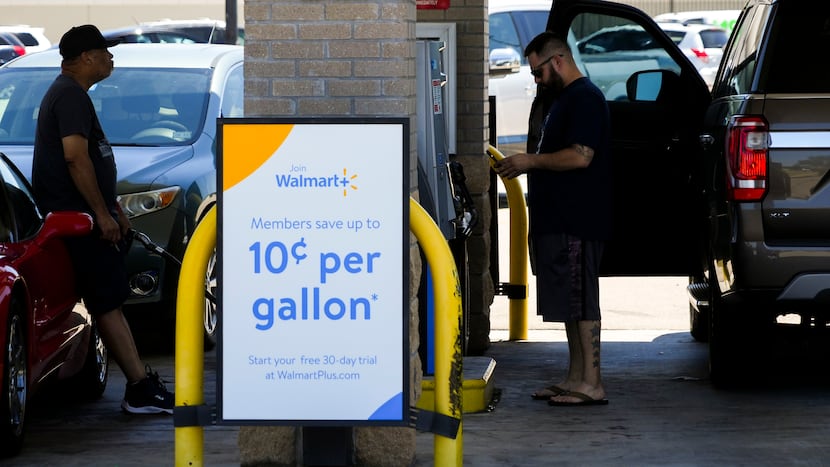Drivers in North Texas could soon face higher gas prices as Saudi Arabia plans to extend its unilateral 1 million barrel per day production cut through the end of September to boost flagging energy prices. .
Saudi production cuts, which began in July, came after other OPEC+ producers agreed to extend earlier production cuts into next year.
The average gas price in Dallas and Tarrant counties on Thursday was $3.58 per gallon of regular unleaded fuel, 9 cents higher than the statewide average. The current Texas average of $3.49 per gallon has increased by 10 cents over the past week.
The recent increase reflects the national average increase, as gas prices across the United States rose to $3.82 per gallon, 11 cents higher than last week. A month ago, the average cost of gasoline in the United States was $3.53.
“Oil prices continue to rise as Saudi Arabia and other OPEC+ countries continue to make further production cuts,” AAA Texas spokesperson Daniel Armbruster said in a statement. “There are several factors that drive retail gasoline prices, but the primary one is the price of crude oil. With strong demand for fuel, it is still possible that prices at the pump will fluctuate.”
Experts say this year's price hike is unusual and is due to the record-breaking summer heat. This has increased demand for air conditioning, forcing refineries to operate at reduced production capacity.
Saudi Arabia announced the extension in a statement carried by the Saudi state news agency, citing anonymous officials at the Ministry of Energy. The official added that the cuts “could be extended or deepened” if necessary.
“This additional voluntary production cut reinforces the precautionary efforts being undertaken by OPEC+ countries to support stability and balance in the oil market,” the official said.
The move was widely expected among analysts. Benchmark Brent crude oil traded above $80 a barrel on Thursday.
A series of production cuts over the past year have failed to significantly boost prices, due to weak demand in China and tight monetary policy aimed at curbing inflation. Since October last year, Brent crude oil has hovered around $75 to $85 per barrel.
Saudi Arabia is particularly keen to raise oil prices to fund Vision 2030, an ambitious plan to overhaul the Saudi economy, reduce dependence on oil and create jobs for young people. The plan includes several large-scale infrastructure projects, including the construction of a $500 billion futuristic city called Neom.
Higher prices would also help finance Russian President Vladimir Putin's war against Ukraine, as Western countries use price caps to reduce Russia's revenue.
Western sanctions have forced the Russian government to sell oil at discounted prices to countries such as China and India. Estimated export revenue in May fell by $1.4 billion, or 36%, from a year earlier to $13.3 billion, the International Energy Agency said in a June report.

